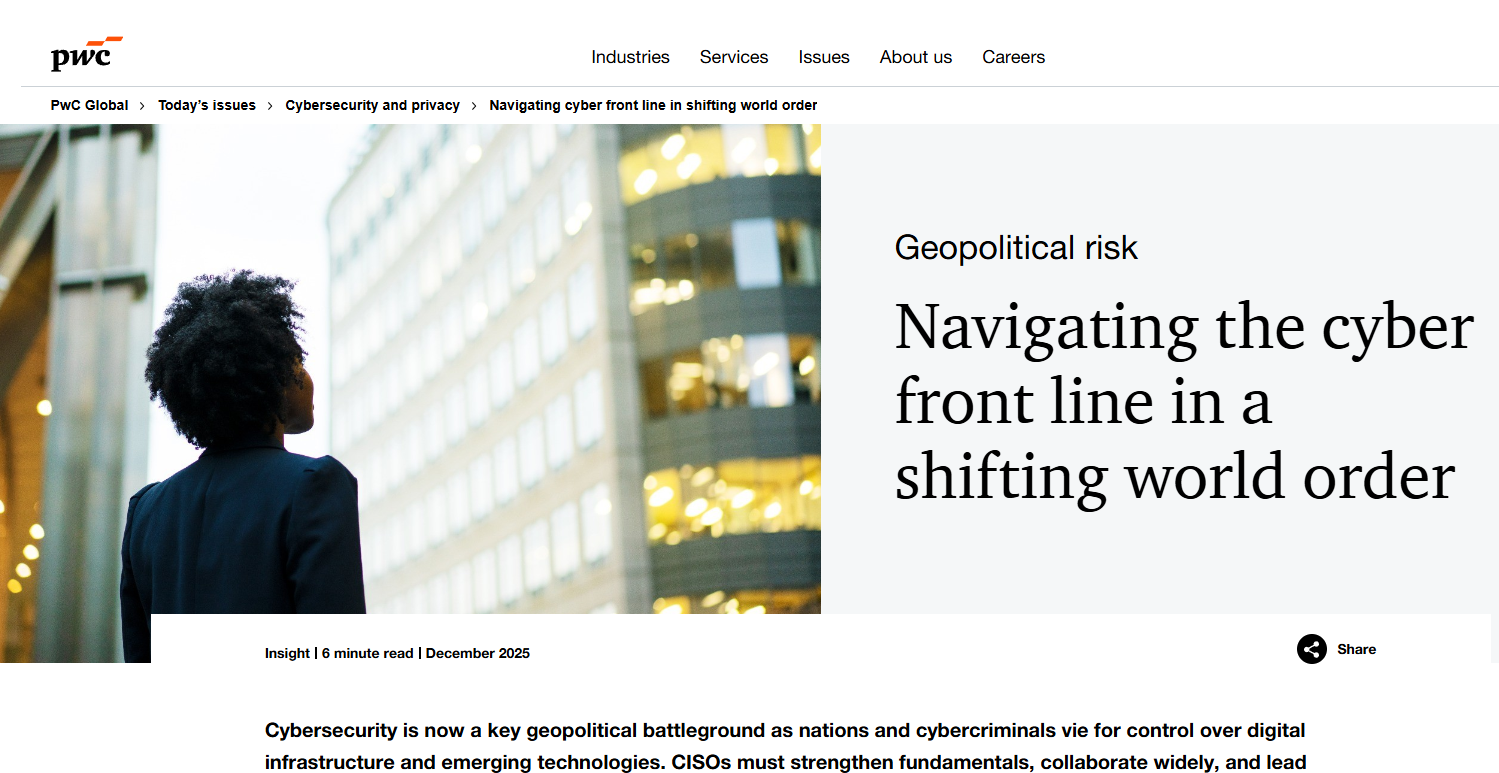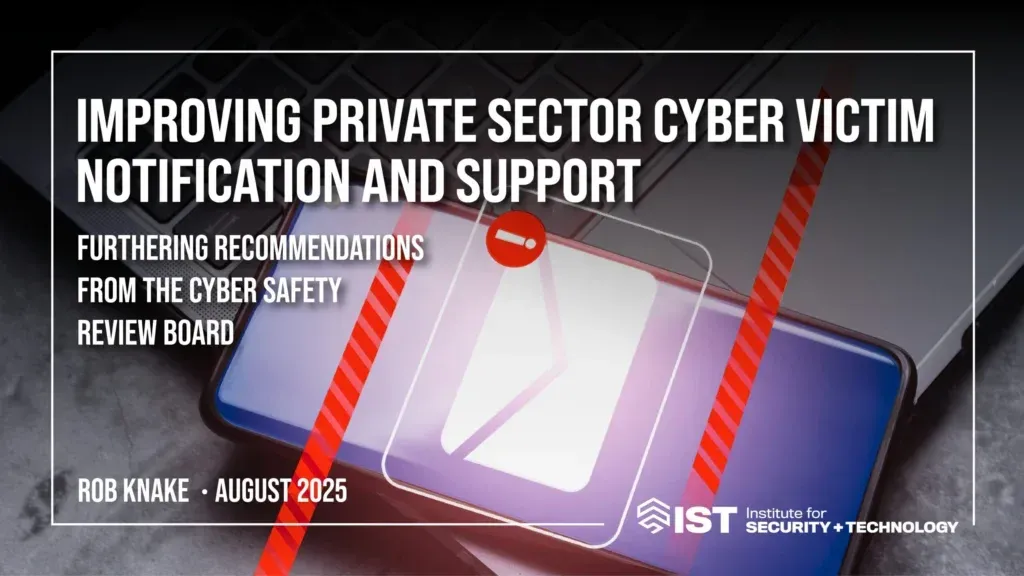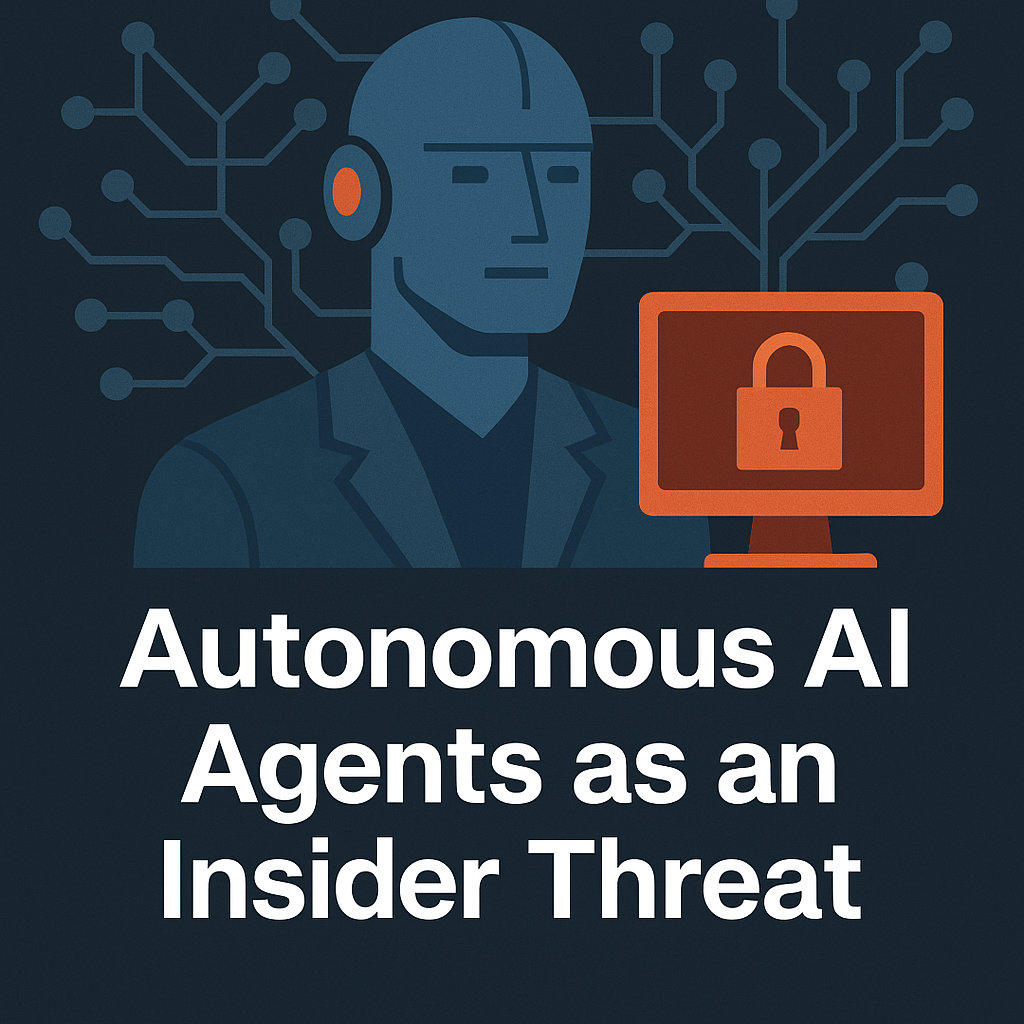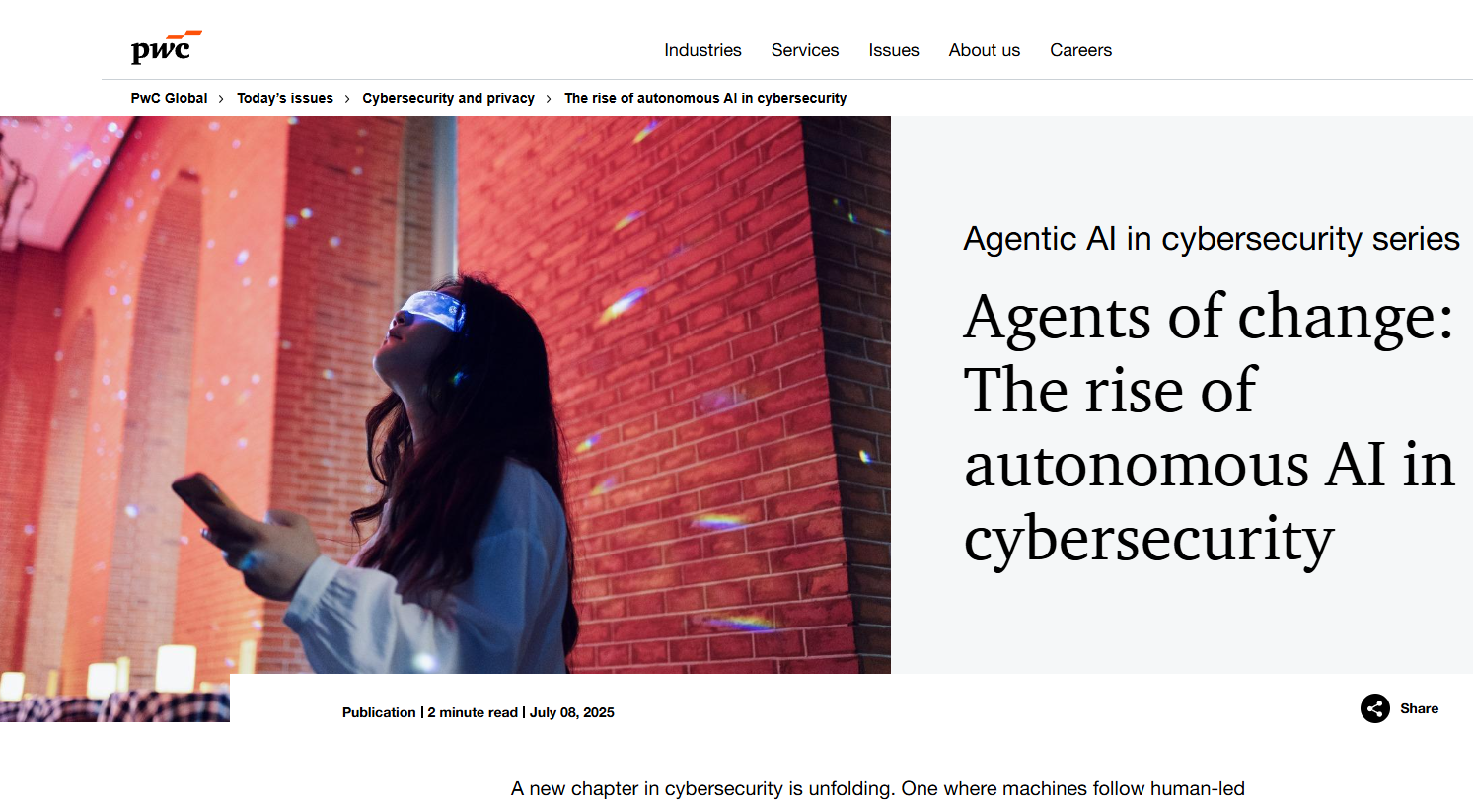Cyber Safety Review Board's First Report
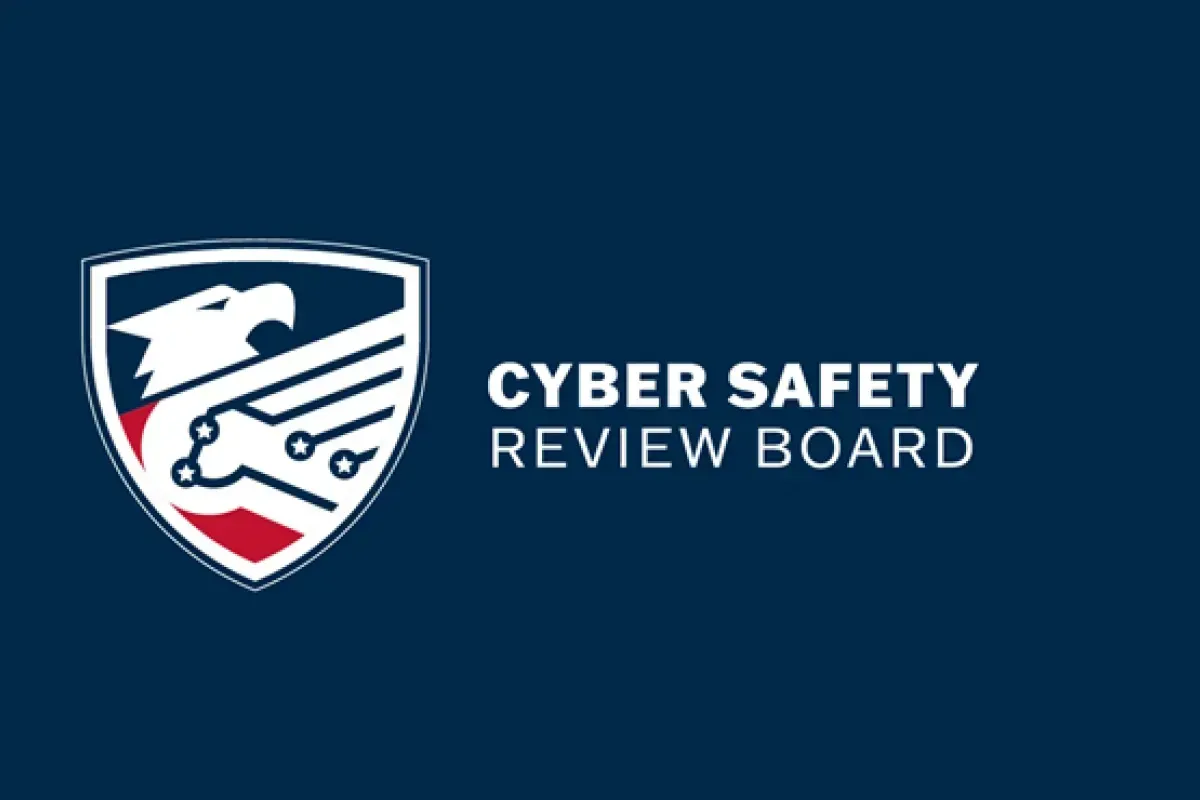
Inaugural Cyber Safety Review Board
In February 2022, the U.S. Department of Homeland Security launched the Cyber Safety Review Board (CSRB) to examine major cyber events and provide lessons that strengthen national resilience. The CSRB is a unique public-private partnership—half senior government officials, half leading private-sector experts—created under Executive Order 14028. Its mission is to conduct independent, authoritative reviews of significant cyber incidents, distill insights, and recommend concrete steps to improve cybersecurity for both industry and government.
What Log4j Was and Why It Mattered
The CSRB’s first review examined the December 2021 disclosure of a critical vulnerability in Log4j, a ubiquitous open-source, Java-based logging library embedded in thousands of software products. The flaw, known as “Log4Shell,” allowed attackers to remotely execute code with little effort, triggering one of the most intense global cybersecurity responses in history. Because Log4j is so deeply woven into the software ecosystem, the vulnerability was not just a one-time crisis but an “endemic” risk—expected to persist in systems for years, if not a decade or more
The impact was profound: many organizations struggled to even identify where vulnerable code was running, exposing shortcomings in software transparency and asset management. The event also highlighted systemic challenges, including the under-resourcing of open-source projects and the risks created by government policies—such as Chinese vulnerability disclosure rules that could give the PRC early access to flaws for exploitation
Key Findings from the CSRB
The CSRB’s investigation, informed by nearly 80 organizations and experts, underscored several realities:
- Severity: Log4j is one of the most serious software vulnerabilities ever discovered.
- Endemic Risk: Unpatched versions will remain in systems for years, keeping defenders on constant watch.
- Transparency Gaps: Many companies lacked the ability to quickly locate affected code.
- Open-Source Fragility: The volunteer-led nature of Log4j reflected broader weaknesses in securing critical open-source projects.
- Training Gaps: Many software developers have little exposure to secure coding practices as part of formal education
Recommendations for the Future
The CSRB issued 19 recommendations spanning four categories
- Address Continued Risks of Log4j – Organizations must assume long-term vigilance, continue reporting exploitation, and regulators should reinforce CISA guidance.
- Drive Existing Best Practices – Invest in capabilities to identify vulnerable systems, maintain accurate IT asset inventories, and strengthen vulnerability response and disclosure programs.
- Build a Better Software Ecosystem – Expand training in secure software development, improve Software Bill of Materials (SBOM) tooling, increase investment in open-source security, and pilot maintenance support for critical projects.
- Invest in the Future – Explore baseline transparency requirements for federal vendors, evaluate a Cyber Safety Reporting System, create a Software Security Risk Assessment Center of Excellence, and study incentives to embed security into development from the start.
The Log4j crisis was a wake-up call: a reminder that the software ecosystem we rely on daily is only as strong as its most under-resourced link. Through the CSRB’s review, we now have a blueprint to address not just Log4j, but systemic weaknesses across open-source software and software supply chains. The work ahead will require vigilance, investment, and collaboration between government and industry to make sure the next “Log4j moment” doesn’t carry the same level of risk.



